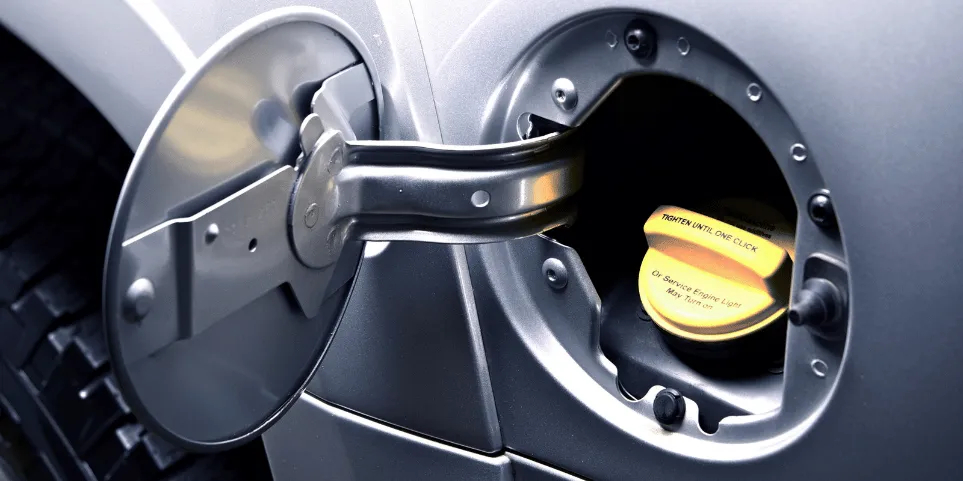
Introduction:
Efficient driving not only conserves fuel but also enhances overall vehicle performance. This article provides insights into habits that encourage better fuel economy. By understanding the effects of driving behavior, one can adopt methods that result in fewer stops, smoother rides, and significant savings. Small adjustments during driving can lead to big improvements in fuel use.
Driving Behaviors:
Observing driving habits closely can reveal opportunities for fuel savings. Excessive acceleration or abrupt braking can waste energy and lead to higher fuel consumption. Embracing a smoother approach helps maintain momentum while reducing strain on the engine. Conscious driving requires effort and practice but ultimately benefits both the driver and the environment.
Acceleration Control:
A gradual increase in speed rather than rapid acceleration can make a notable difference. Steady progress from a stop helps reduce fuel consumption significantly. The vehicle’s engine performs optimally when not overexerted, leading to lower fuel expenditure. Maintaining a calm pace on the road is a practical step toward achieving better fuel efficiency.
Speed Management:
Consistent speeds are easier on the engine than frequent fluctuations. When driving, maintaining a steady pace, especially on highways, ensures that fuel is used more efficiently. Avoiding high speeds where possible contributes to reduced drag and better overall performance. This approach not only cuts fuel costs but also enhances the smoothness of the journey.
Smooth Operation:
Adopting a style that emphasizes smooth operation is beneficial. This means easing into turns and braking gently rather than making sudden stops. Such practices reduce mechanical wear and tear, extending the life of the engine components. Over time, a calm and steady driving method accumulates significant savings on fuel, all while providing a more comfortable ride.
Anticipating Traffic:
Being alert and anticipating changes in traffic flow can lead to fewer unnecessary stops and starts. Planning ahead allows the driver to adjust speed gradually and avoid the need for sudden braking. This foresight reduces the engine’s workload and helps maintain a consistent pace. Anticipation on the road is a key element in realizing improved fuel efficiency.
Eco-Friendly Methods:
Incorporating eco-friendly driving methods is not only about fuel economy but also about reducing overall emissions. Small shifts in behavior, such as coasting into stops, have a cumulative effect. These methods reflect an understanding of both personal savings and environmental responsibility. Drivers can enjoy a balance between performance and efficiency through these thoughtful techniques.

Tire Pressure:
Properly inflated tires are essential for optimal fuel economy. Maintaining the correct tire pressure reduces rolling resistance, allowing the car to move more smoothly. Regular checks and adjustments ensure that energy is not wasted. A well-kept tire system contributes significantly to the overall efficiency of the vehicle, promoting both safety and fuel conservation.
Engine Warm-Up:
Allowing the engine to warm up gently before driving is an important factor in efficiency. A few minutes of idling can prepare the engine for the road ahead, preventing unnecessary fuel burn. This practice, however, should be balanced with the need for ventilation. Moderation in warming up is a practical approach that safeguards the engine while promoting fuel economy.
Consistent Maintenance:
Routine upkeep of the vehicle supports improved fuel efficiency over time. Regular checks on oil, filters, and spark plugs help the engine perform optimally. Preventative maintenance not only saves fuel but also extends the vehicle’s lifespan. A well-maintained car is a testament to the driver’s commitment to both performance and cost-effective operation.
Concluding Thoughts:
Fuel-smart driving is about integrating mindful habits into everyday routines. By controlling acceleration, managing speed, and ensuring smooth operation, drivers can reduce fuel consumption without sacrificing performance. The benefits extend beyond the wallet, contributing to environmental conservation and a more satisfying driving experience. A balanced, attentive approach to driving makes every journey more efficient.

 The Psychology Behind Solo Driving: What You Need to Know
The Psychology Behind Solo Driving: What You Need to Know Innovative Techniques for Enhancing Road Safety
Innovative Techniques for Enhancing Road Safety Overcoming Driver Fatigue: Tips and Tricks
Overcoming Driver Fatigue: Tips and Tricks Sustainable Driving: How to Lower Your Vehicle's Carbon Footprint
Sustainable Driving: How to Lower Your Vehicle's Carbon Footprint Navigating Different Driving Environments: A Comprehensive Guide
Navigating Different Driving Environments: A Comprehensive Guide
Reviews
Patricia Harris
I enjoy the blend of safety tips and fuel efficiency insights.
John Johnson
These insights helped me improve my driving habits.